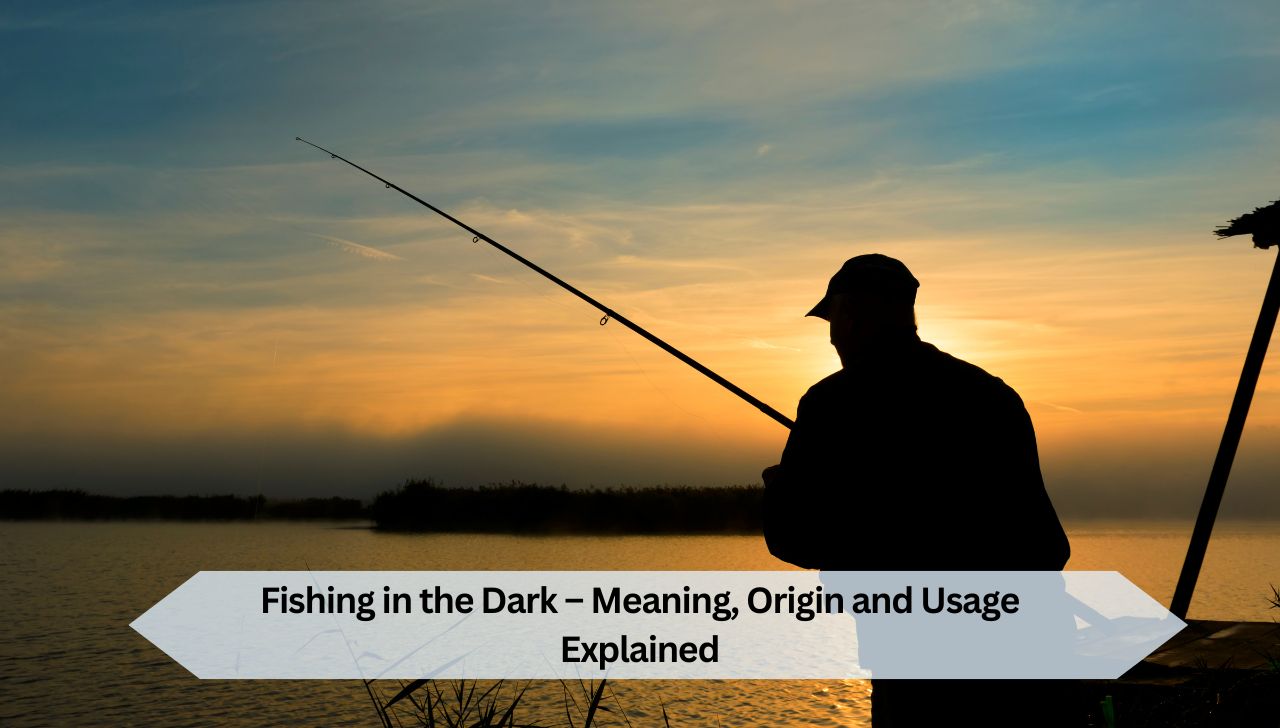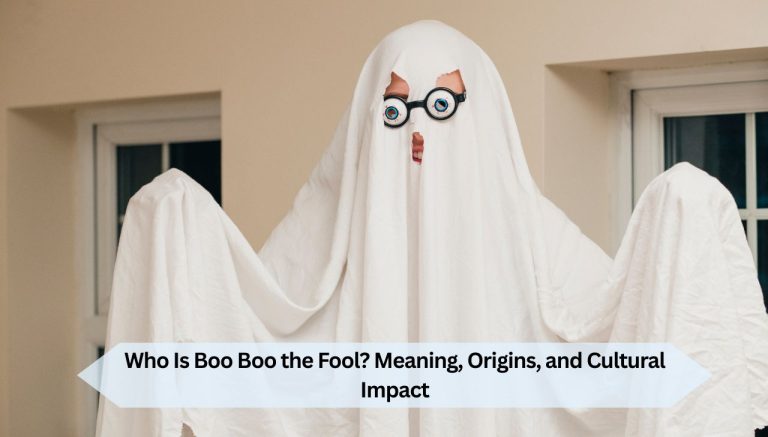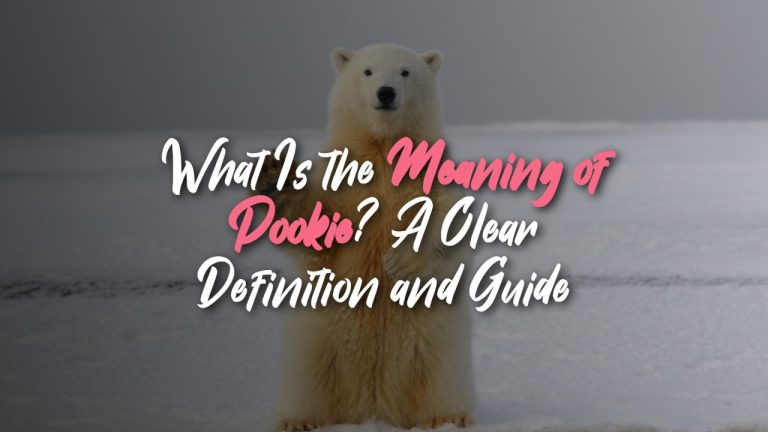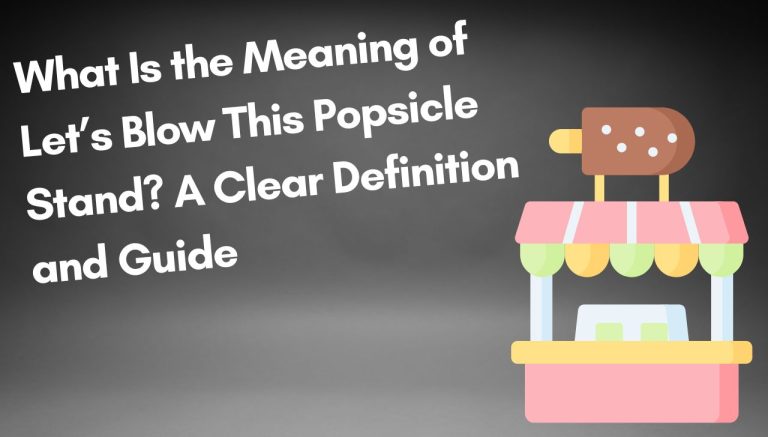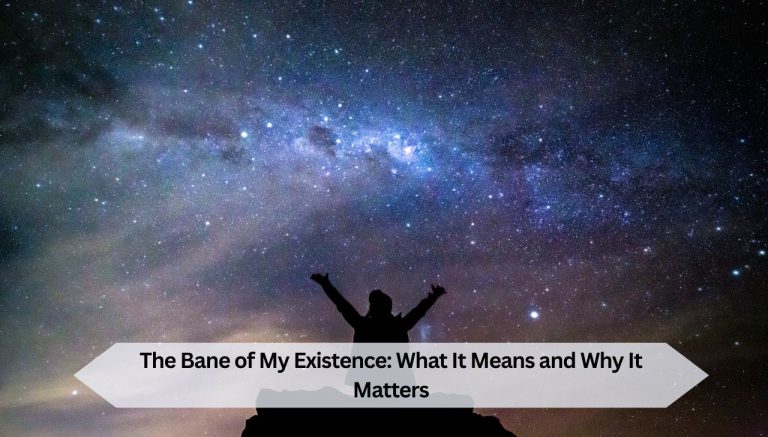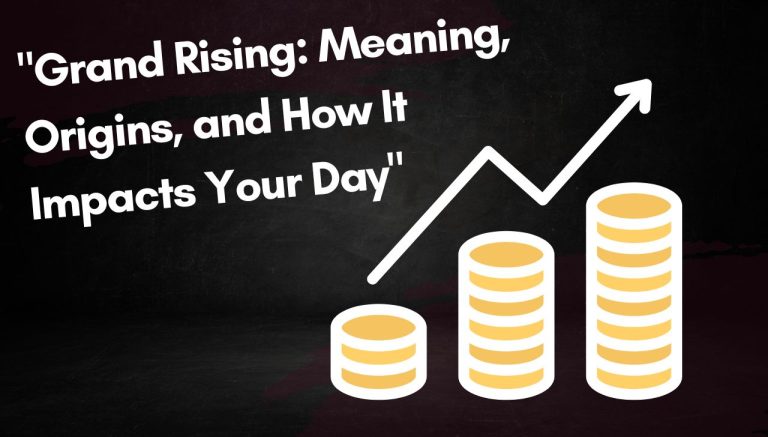Fishing in the Dark – Meaning, Origin and Usage Explained
Ever heard someone say they’re “fishing in the dark” and wondered if they meant it literally? Probably not—unless they were talking about a late-night trip to the lake. More often, this phrase pops up when someone does something without having all the facts. They’re just hoping for a lucky break. It’s like stumbling through a dark room, waving your hands around, hoping to find what you’re after.
In short, “fishing in the dark” means trying something blindly. You don’t have a clear direction or enough information. It describes that mix of uncertainty and hope we all feel sometimes—whether you’re fixing a tech issue, guessing on a quiz, or figuring out a new relationship.
The Literal vs Figurative Meaning of “Fishing in the Dark”
Literally, it means casting a fishing line at night. Some people love the calm and mystery of night fishing. But most of the time, the phrase isn’t about fish at all.
Figuratively, it means doing something without guidance. You’re taking a shot in the dark. You’re guessing, hoping something works. It’s used when someone doesn’t have the facts, and they know it. Say your friend tries to guess your favorite movie with no clues. That’s fishing in the dark.
Further Insights : “Get a Load of This Guy”: Meaning, Origin, and Usage
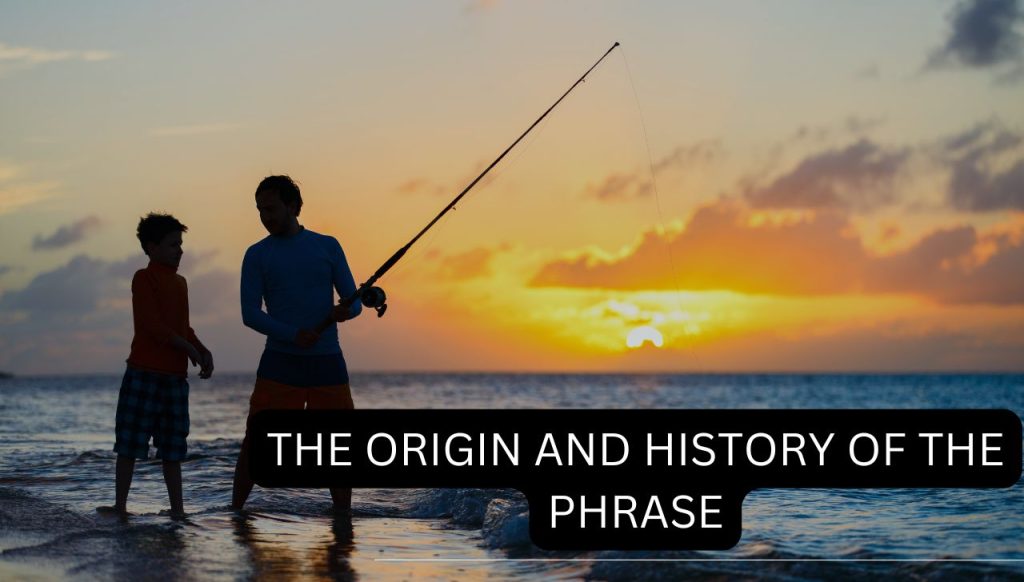
The Origin and History of the Phrase
The phrase doesn’t have a clear starting point. It likely showed up in everyday English in the mid-1900s. It follows a long tradition of using simple activities to explain more abstract ideas.
A big cultural moment came in 1987. That year, the Nitty Gritty Dirt Band released a song called “Fishin’ in the Dark.” The song is more about love and night skies than guessing or struggling. Still, it helped the phrase become more popular. The deeper meaning has always been around. People have used it in conversation, newspapers, and books to talk about being unsure or unprepared.
How “Fishing in the Dark” Is Used in Everyday Language
This phrase slips into all kinds of casual talk. It fits situations that feel uncertain or experimental.
- A manager might say, “Without the data, we’re just fishing in the dark.”
- A teacher could say, “He didn’t study, so he was fishing in the dark on half the test.”
- A friend puzzled by a vague message might sigh, “I’m just fishing in the dark. No clue what they meant.”
The phrase works at work, at home, anywhere. It keeps things light but still points out the lack of clarity.
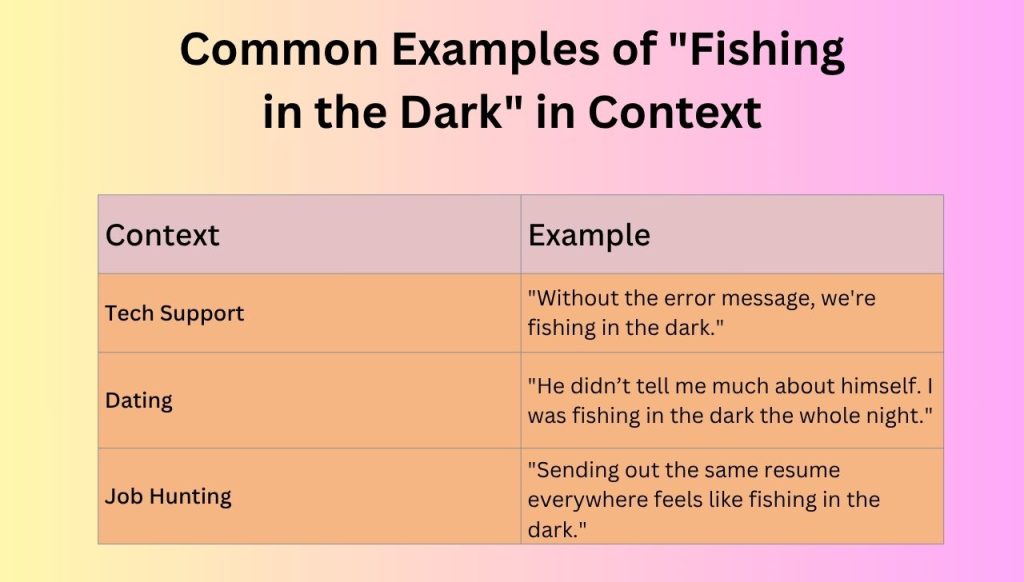
Common Examples of “Fishing in the Dark” in Context
Let’s look at a few real-world uses:
| Context | Example |
|---|---|
| Tech Support | “Without the error message, we’re fishing in the dark.” |
| Dating | “He didn’t tell me much about himself. I was fishing in the dark the whole night.” |
| Job Hunting | “Sending out the same resume everywhere feels like fishing in the dark.” |
| Cooking | “I didn’t use a recipe, just tossed things in. Total fishing in the dark, but it turned out great.” |
| Parenting | “When toddlers cry and you don’t know why, it feels like fishing in the dark.” |
The phrase often adds a touch of humor or frustration. It helps people share how lost they feel, but with a smile.
Synonyms and Similar Phrases to Know
Need a change of wording? Try these:
- Shot in the dark: A close match. It means a wild guess.
- Flying blind: Going ahead without clear direction.
- Grasping at straws: Trying anything, even if it likely won’t help.
- Stab in the dark: Like a shot in the dark, but maybe more dramatic.
- Throwing spaghetti at the wall: Casual and funny. It means trying many things to see what works.
Each version adds a different tone. But they all show uncertainty and a lack of solid footing.
Why “Fishing in the Dark” Still Matters in Modern English
With all our apps and data, you’d think this phrase would be outdated. But it’s not. In fact, it might matter more now.
Why? Because even with tools and tech, we’re still often guessing. We make choices without full info all the time. Whether it’s business, relationships, or health, there’s still so much we don’t know. The phrase taps into something human. Fishing is an old act—quiet, patient, and full of mystery. When you say you’re “fishing in the dark,” you’re linking today’s confusion with something timeless.
Further Insights : Understanding “Grool”: Meaning, Origins, and Usage
Conclusion
“Fishing in the dark” isn’t just a country song or a strange saying. It captures a moment we all know: trying your best with no idea if it’ll work. It’s simple, vivid, and a little funny. It turns our everyday uncertainty into something we can talk about. Whether you’re dealing with tech issues, love, or life’s little puzzles, the phrase helps you say, “I’m guessing here.”

